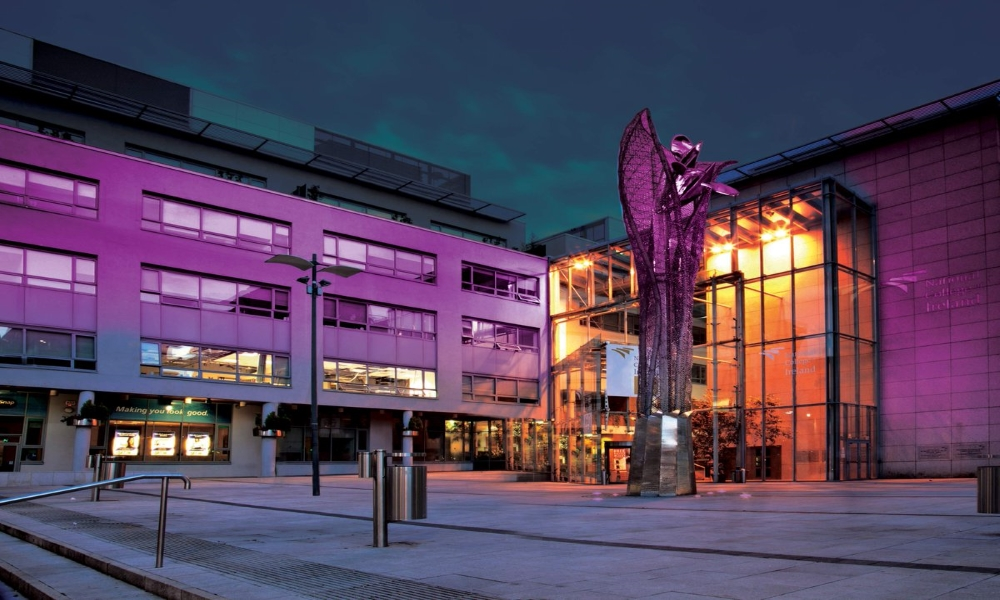
Dublin, Ireland
In 1951, the National College of Ireland started as the Catholic Workers College, Dublin in Sandford Lodge, Ranelagh. Founded by Fr. Edward Coyne S.J., in association with Trade Unionists such as Walter Beirne others involved in the college in its initial years included Professor Thomas A. Finlay S.J. and Rev. Edmund Kent S.J. among others. In 1976 the college achieved recognition by the states National Council for Educational Awards (NCEA), the forerunner of HETAC, for a number of its programs. The institution again re-branded as the National College of Ireland (NCI) in 1998, with an expanded National Campus Network, and an array of outreach programs across the country.
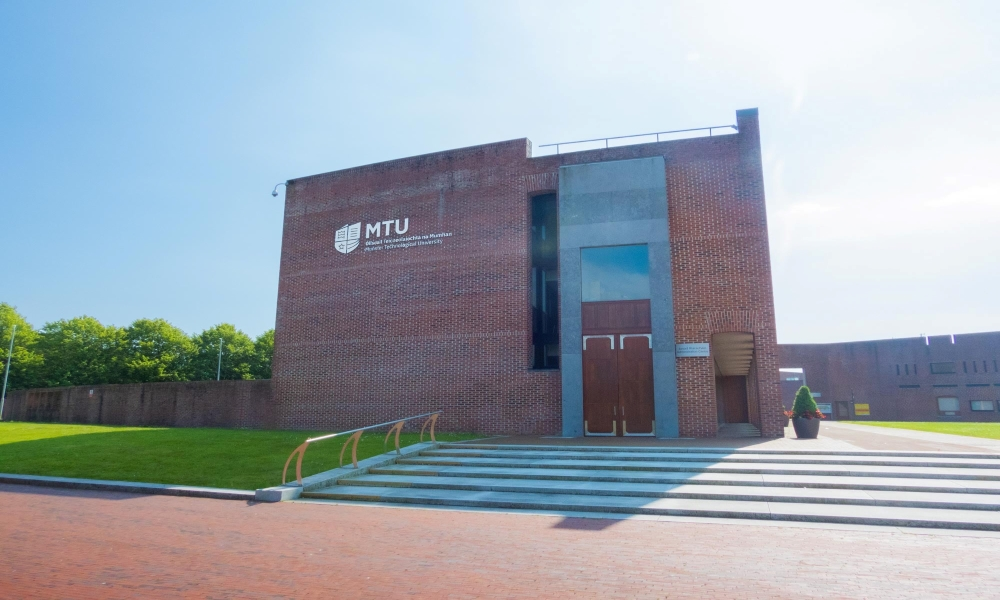
Cork, Ireland
Munster Technological University is a public technological university consisting of six campuses located in Cork and Kerry. The university was established in January 2021, the result of a merger between two institutes of technology, Cork Institute of Technology and the Institute of Technology, Tralee. Its creation was announced in May 2020. It is Ireland's second technological university, after Technological University Dublin.
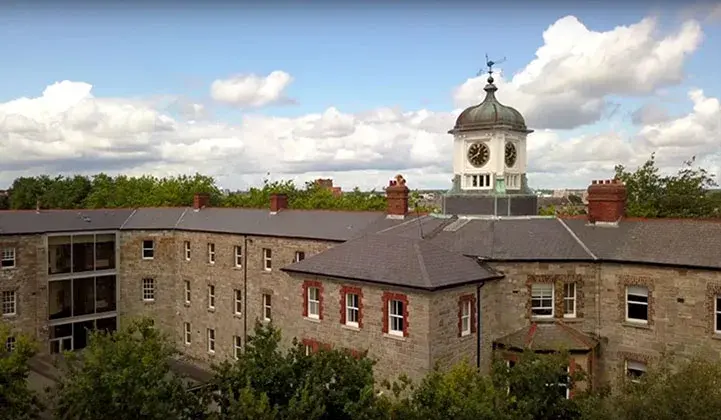
Dublin, Ireland
Established in 1974, Griffith College is Ireland's leading independent third-level institution, with campuses in Dublin, Cork, and Limerick. Over the past forty years, Griffith College has established a national and international reputation for academic excellence and student success. The original Dublin campus buildings date back over 200 years to their construction in 1813. During the past two centuries, they have regularly played a part in both local and national political events. Since its purchase by Griffith College in 1991. In 1992 the Tiernan Design School moved to the Griffith Campus becoming the Griffith College Faculty of Design. In the late 1990s Newman College, Dublin became part of Griffith College. On June 1st, 2005, Skerry's Cork Business School merged with Griffith College. In September 2006 Griffith College Dublin merged with the Mid-West Business Institute to form Griffith College Limerick.
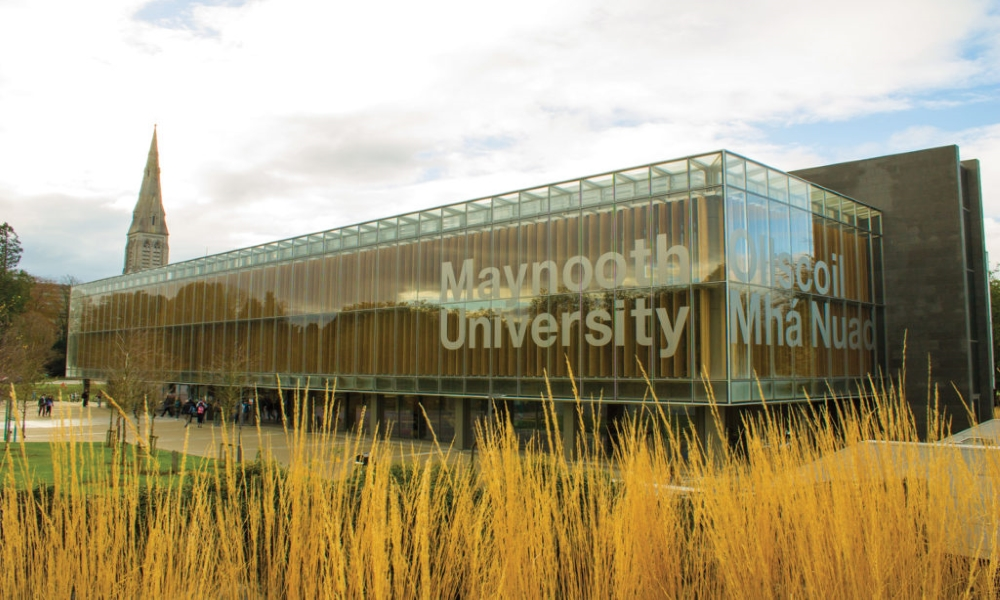
Maynooth, Ireland
In 1795, Grattan's Parliament passed an Act creating an academy "for the better education of persons professing the popish or Roman Catholic religion". The new academy, St. Patrick’s College, was founded in Maynooth. In 1910, St Patrick's College, through its faculties of Arts, Science, Philosophy, and Celtic studies, became a recognized college of the National University of Ireland. In 1966, the college opened its doors to lay students and its population grew over the next three decades. Under the Universities Act 1997, the faculties comprising the Recognized College were designated as the National University of Ireland, Maynooth, a constituent university of the National University of Ireland.
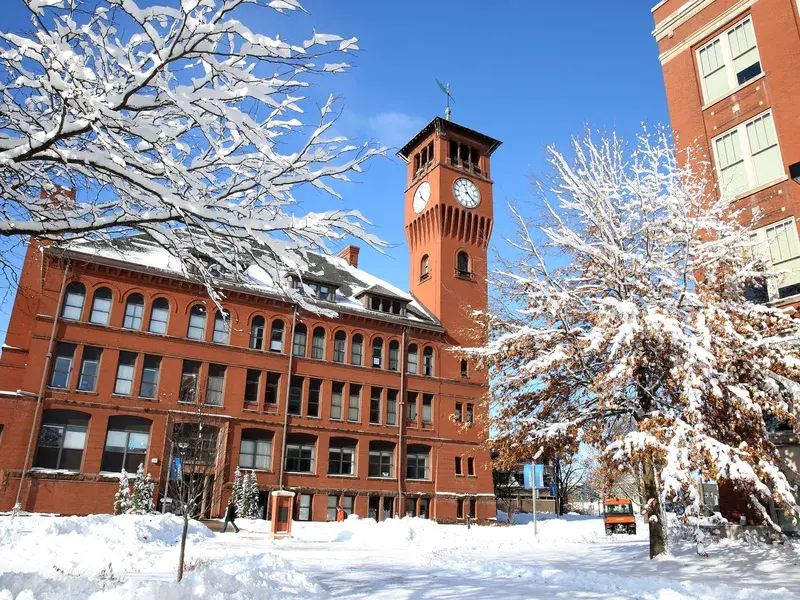
Menomonie, Wisconsin
The University was founded in 1891 by James Huff Stout, a Wisconsin State Senator and Menomonie resident. Stout merged the various institutions that owned him into the Stout Institute, which was sold to the state of Wisconsin after Stout's death in 1911. The state colleges were all upgraded to university status in 1965, and accordingly, Stout State College became Stout State University. In 1971, after the merger of the former University of Wisconsin and the Wisconsin State Universities, the school became part of the University of Wisconsin System and has been named the University of Wisconsin-Stout since then.
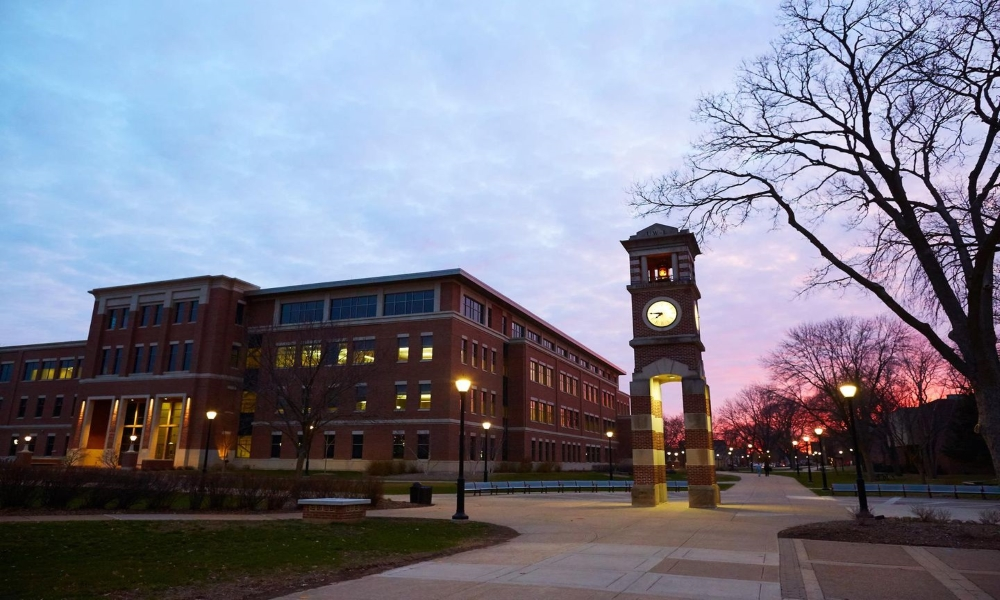
La Crosse, Wisconsin
The university was founded as the La Crosse State Normal School in 1909. In 1926, the name changed the following year to La Crosse State Teachers College. In 1964, the college designated a university as part of the Wisconsin State University System and was renamed Wisconsin State University-La Crosse. The Wisconsin State University System merged with the University of Wisconsin System in 1971, at which time the university adopted its current name, University of Wisconsin-La Crosse.
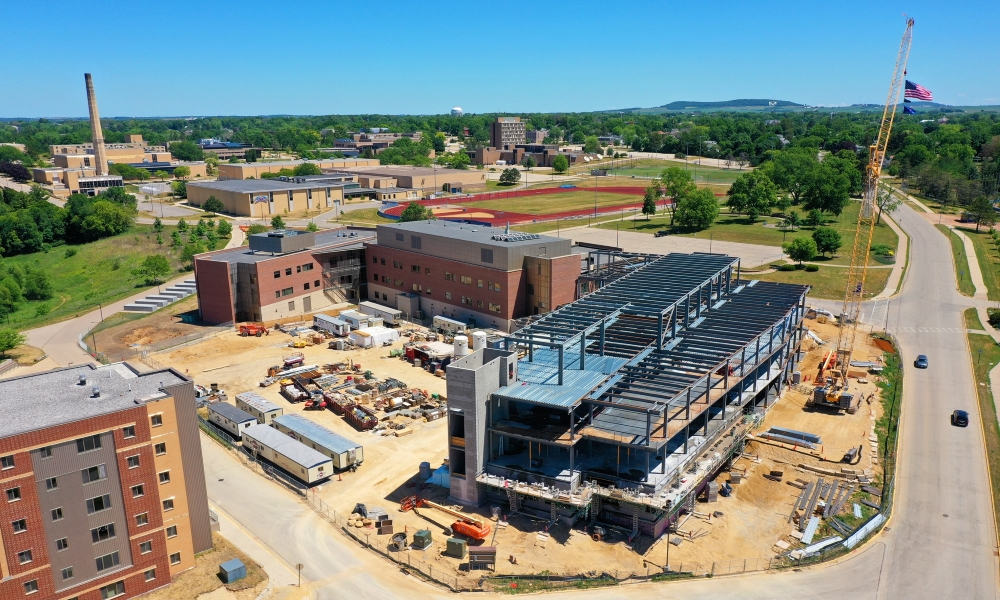
Platteville, Wisconsin
WSC-Platteville was founded in 1866 as Platteville Normal School, the first teacher preparation school in Wisconsin. It was renamed Platteville State Teachers College in 1926 and Wisconsin State College, Platteville in 1951. It changed its name to the Wisconsin Institute of Technology in 1939. The merged school took the name Wisconsin State College and Institute of Technology. In 1966, along with Wisconsin's other state colleges, it was granted university status as Wisconsin State University-Platteville. It took its current name after the Wisconsin State University system merged with the University of Wisconsin in 1971.
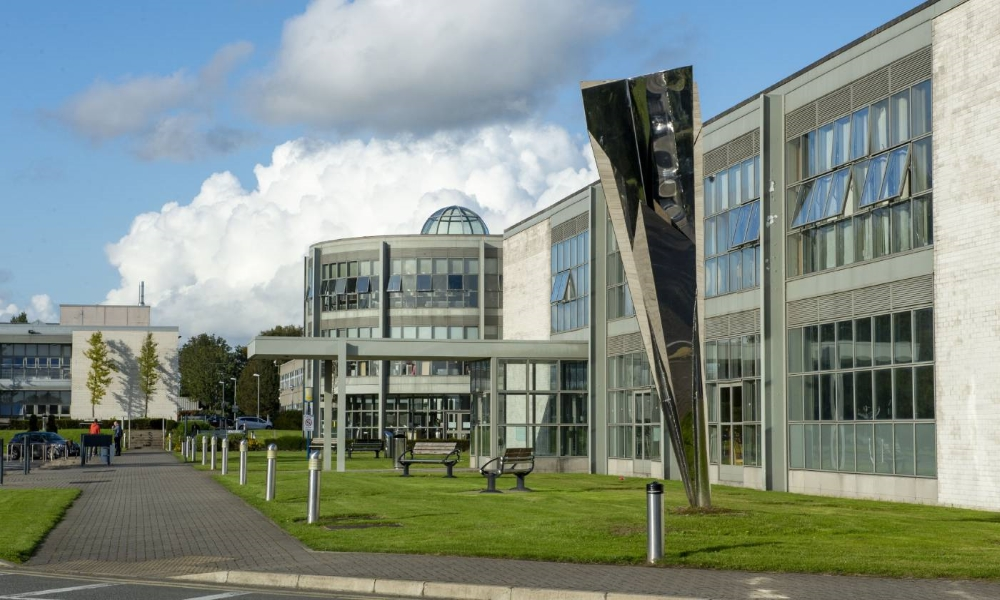
Dundalk, Ireland
Dundalk Institute of Technology is an institute of technology located in Dundalk, Ireland. The building program for the regional colleges commenced in 1968, with Dundalk Regional Technical College opening its doors in September 1969, officially opening in 1971. In the late 1990s, all of the technical colleges in the country were redefined as institutes of technology. Dundalk Regional Technical College adopted the name Dundalk Institute of Technology on January 28, 1998.
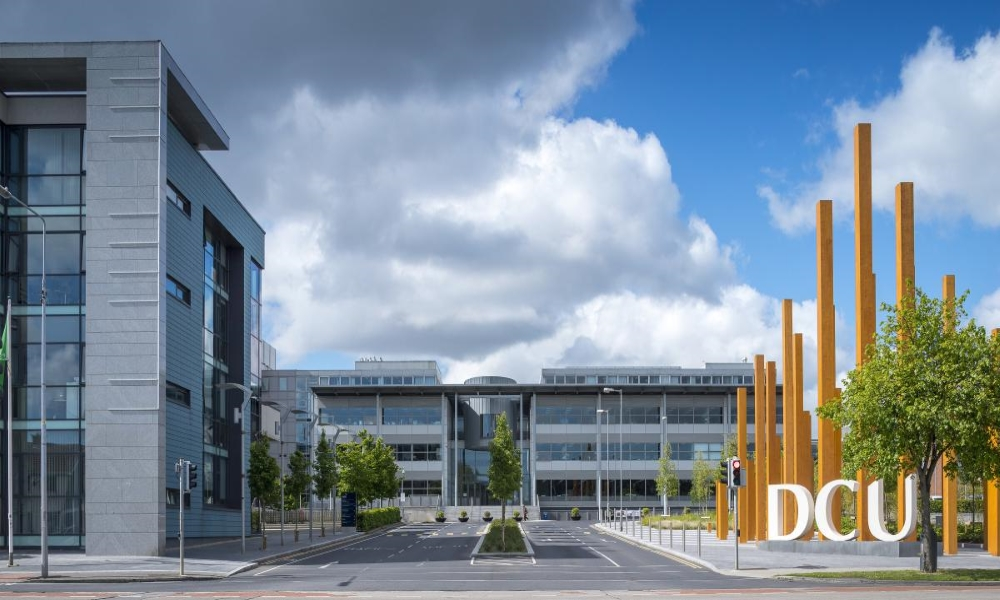
Dublin, Ireland
The institution was created in 1975, and on June 18, that year, Liam Mulcahy was made acting director of the institution, and a day later the first governing body met. In 1986, the International Study Group on Technological Education was set up to examine the future of the National Institute for Higher Education in Dublin and Limerick. Ultimately, the title "Dublin City University" was chosen, and this was confirmed by the Dublin City University Act of 1989. DCU has been providing Irish and foreign adults with flexible access to higher education for over 35 years.
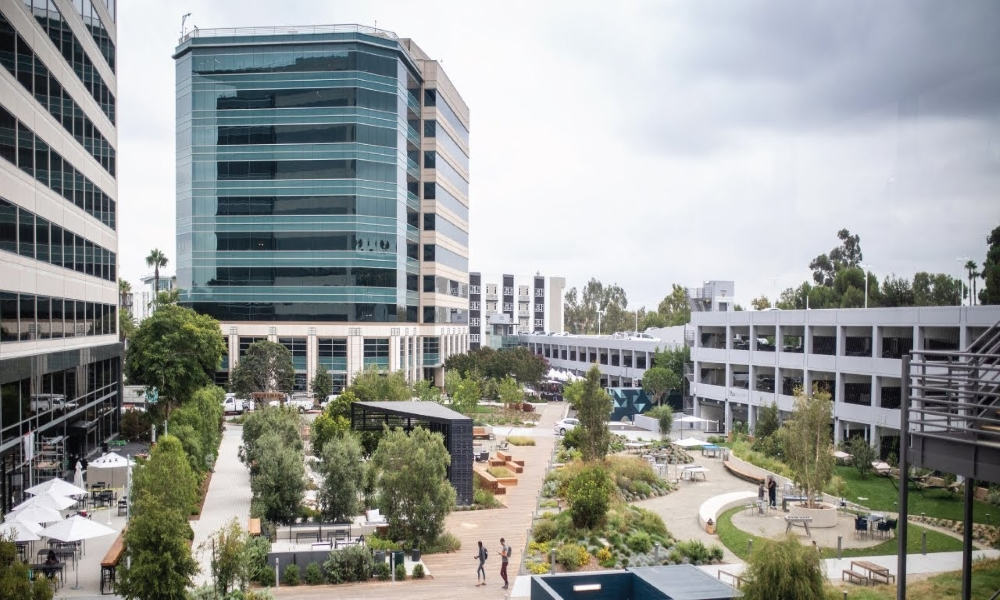
Inglewood, California
UWLA was founded in 1966 by Henry Blunt and three other Culver City High School educators. In 1971, UWLA created a Paralegal program that offered a bachelor's and certificate program which ran until 2006, when it was acquired by another institution. In July 2002, the law school expanded by acquiring the San Fernando Valley College of Law, located in Chatsworth.UWLA is accredited by the WASC Senior College and University Commission.

Dublin, Ireland
Dublin Business School was first established in 1975, it was known as Accountancy and Business College and provided evening courses for students preparing for the examinations of the professional accounting bodies. In 1992 DBS became a designated institution with the Higher Education and Training Awards Council (HETAC). In 1989 the College introduced its first undergraduate degree program under a franchise arrangement with Liverpool John Moores University (LJMU). The academic relationship between the two institutions grew and strengthened over the years and DBS became an institution with accredited provision status of LJMU in 1995. The school expanded further in 2006 when the European Business School (EBS) was acquired as a means of entry into a broader European market. Today, Dublin Business School (DBS) is Ireland’s largest independent third-level institution, offering a wide range of undergraduate, postgraduate, and professional programs in Business, Arts, and Law.
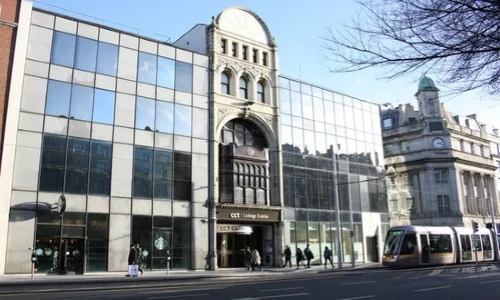
Dublin, Ireland
Established in 2005, CCT boasts a state of the art campus in the heart of Dublin’s bustling city centre, with unrivalled public transport accessibility, and is home to a vibrant community of staff and learners from around the world. The College offers full and part time programmes, including evening and weekend programmes. CCT’s programmes are career-aligned and designed and delivered to encourage students to develop a sound mix of theoretical, practical, and up-to-date knowledge, skills, and know-how.
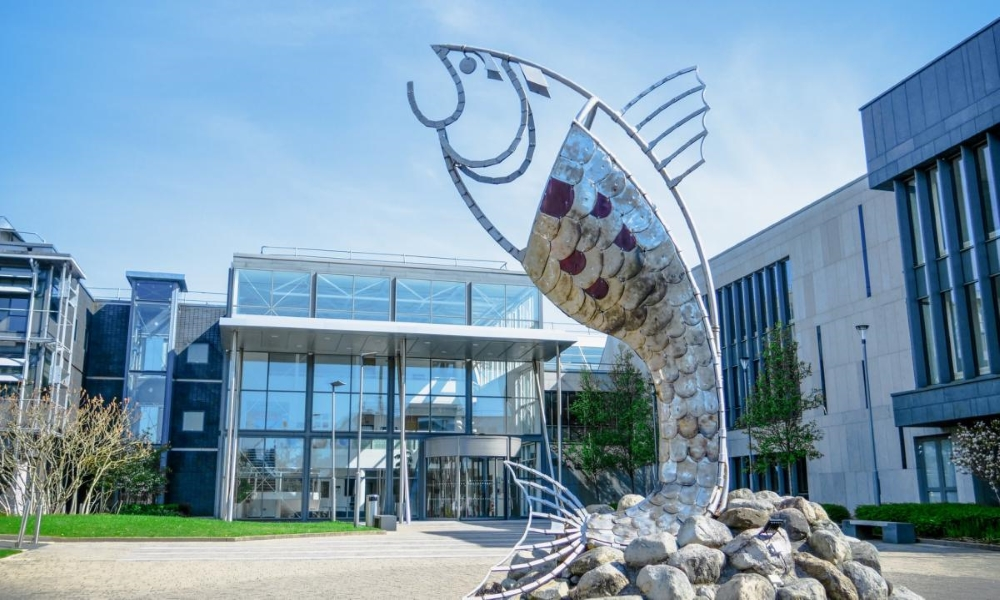
Letterkenny, Ireland
In the 1960s, Ireland was characterized by a small elite system of higher education, catering almost exclusively to professional and public sector employment. The Mulcahy Report (1967) recommended the establishment of a number of regional technical colleges around the country, highlighting that Irish people generally did not have the opportunity to become technically skilled because of the prevalent academic bias in the educational system. Increased technical knowledge and skills were regarded as essential prerequisites for further economic growth, as was the promotion of innovation and enterprise. In 1998, the Regional Technical College Galway (RTC) was legally designated an Institute of Technology and renamed the Galway-Mayo Institute of Technology (GMIT).
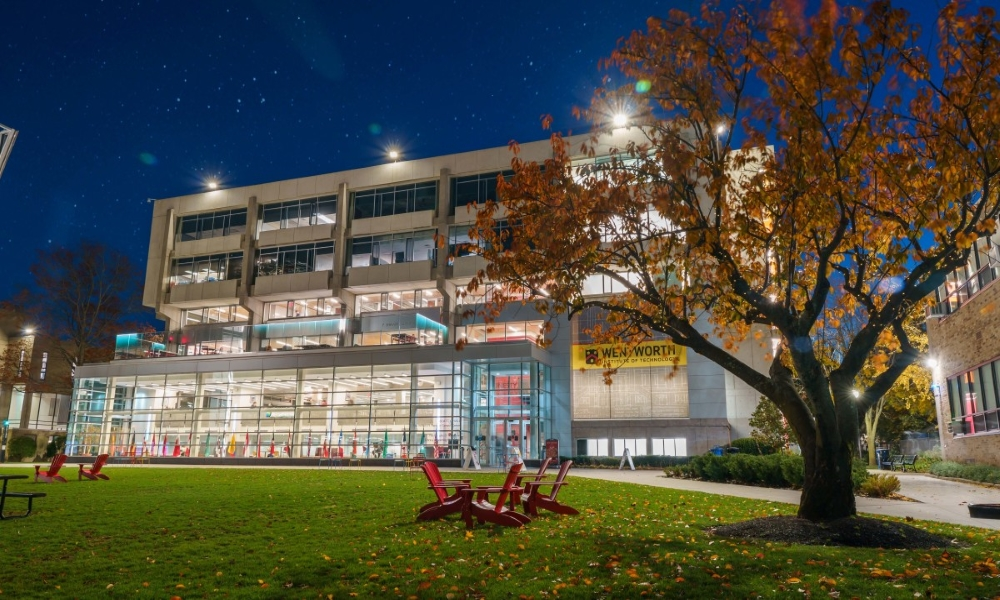
Boston, Massachusetts
Wentworth Institute of Technology is a private institute of technlogy in Boston, Massachusetts.Wentworth was founded in 1904 and offers career-focused education through 21 Bachelor's degree programs as well as 13 master's degrees. In November 2009, Wentworth became a master's degree-granting institution, with the creation and accreditation of its master of architecture program. Wentworth received approval for university status from the Massachusetts Department of Higher Education in July 2017.
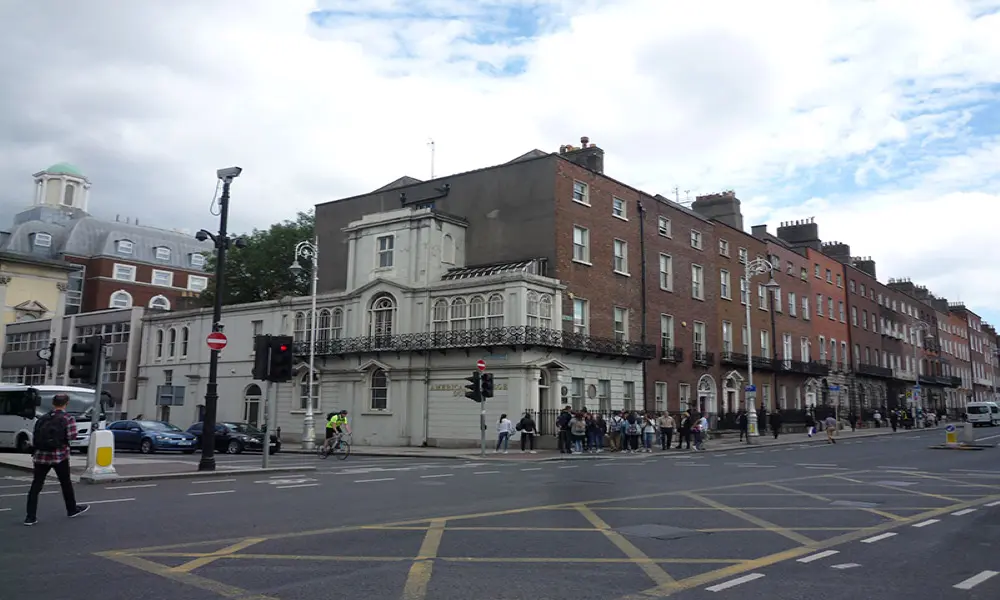
Dublin, Ireland
American College Dublin, a constituent college of Irish American University, is a private not-for-profit liberal arts institution accredited by the Middle States Commission on Higher Education (MSCHE). Established in 1993 in Dublin Ireland,American College Dublin was founded as an independent educational trust in May 1993 by Lynn University, a liberal arts institution located in Boca Raton, Florida. The college received full accreditation from the Middle States Commission on Higher Education in 2013.
Book a free one-on-one counselling session with our destination expert today.